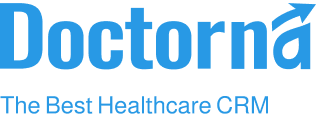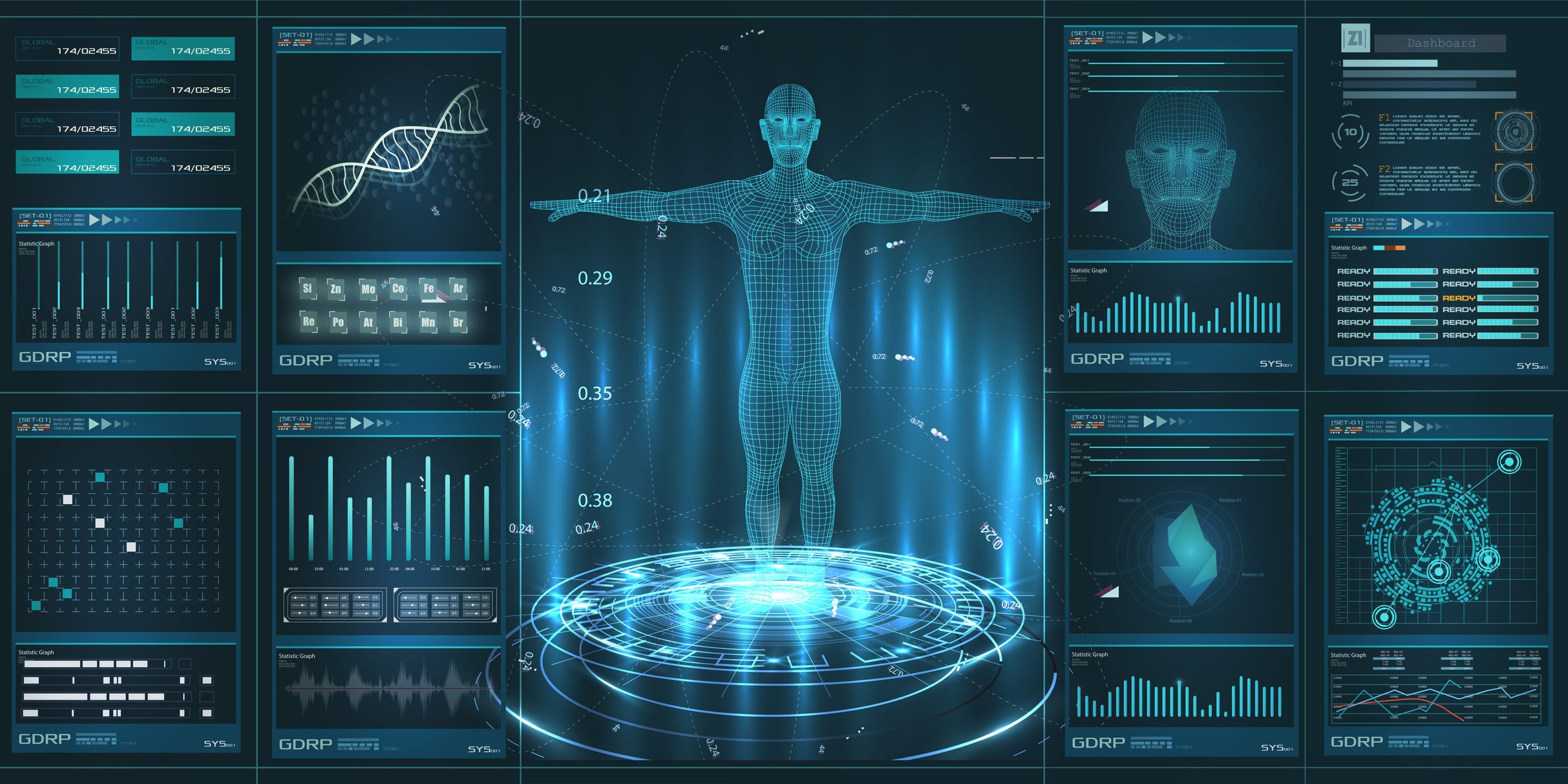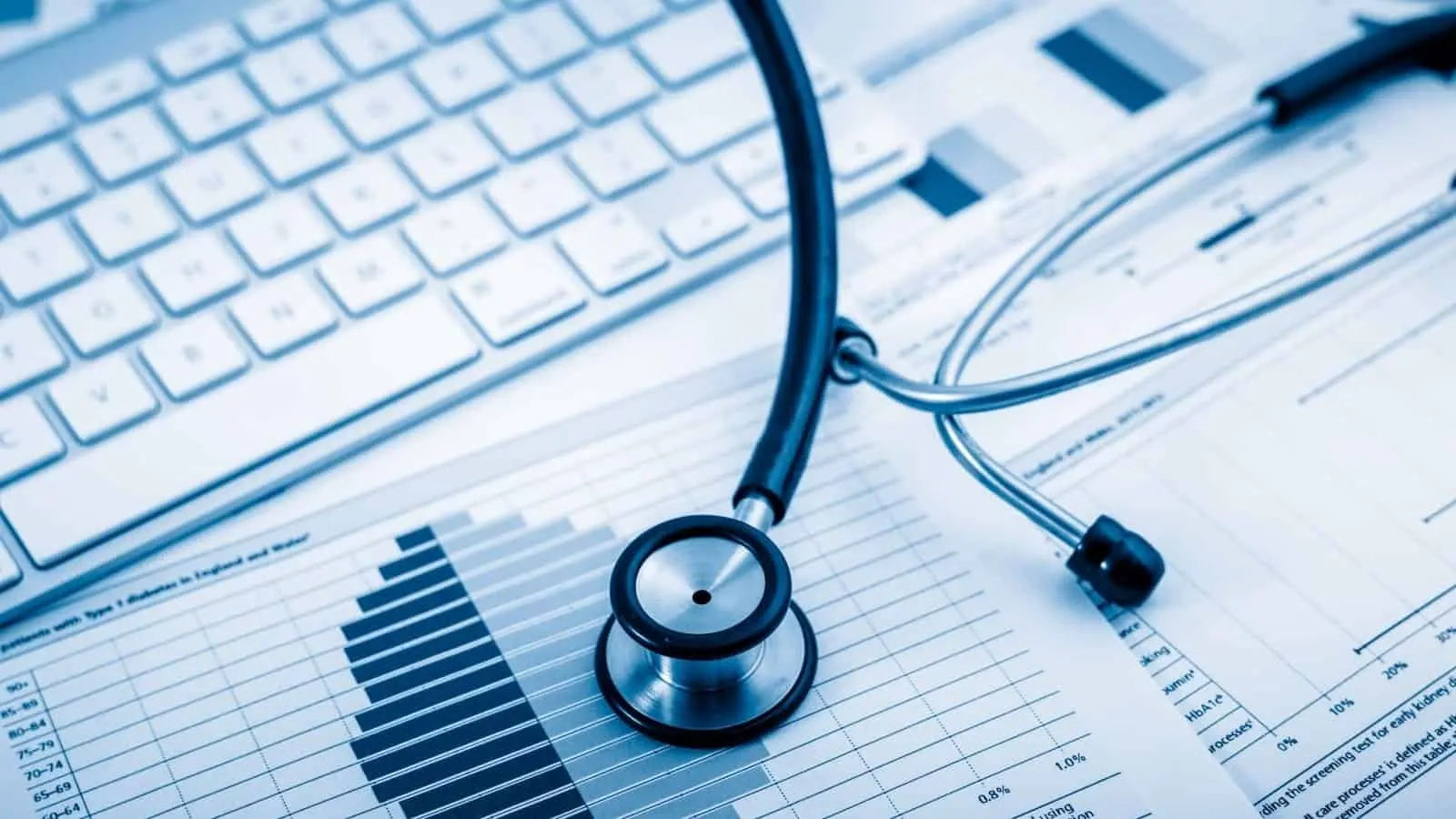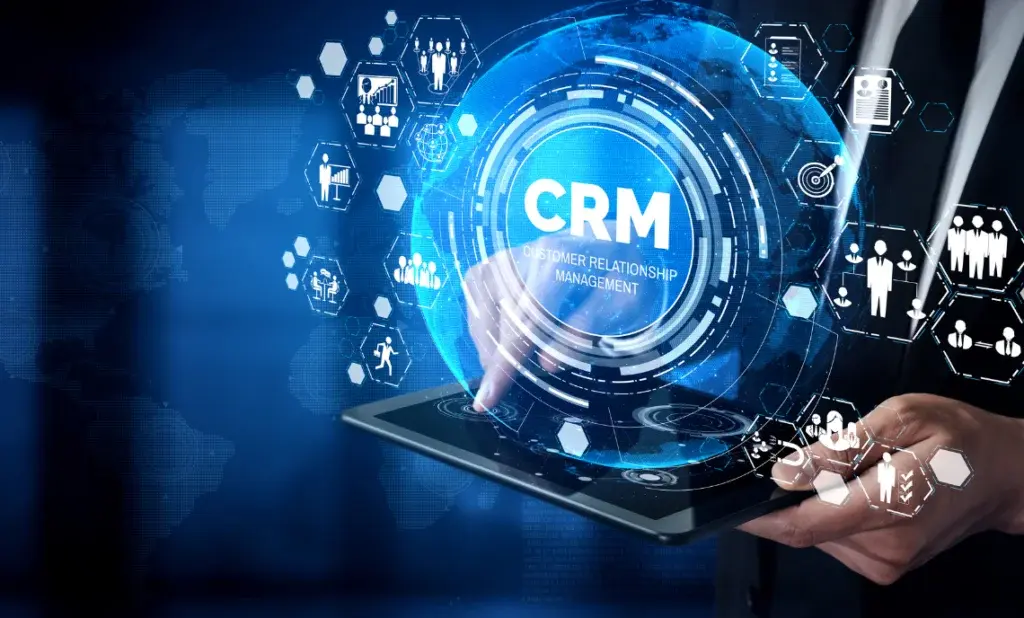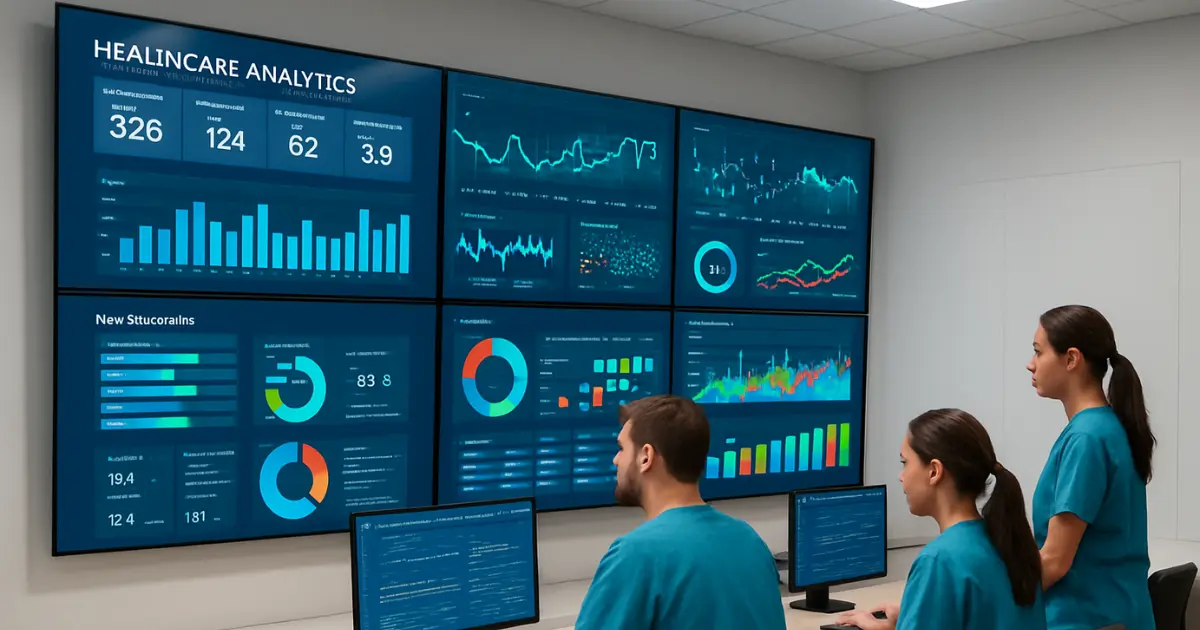In today’s era of digital healthcare, The Importance of Data Encryption in Healthcare CRM Systems data has become one of the most valuable assets for organizations. From patient records and medical histories to billing and communication details, healthcare providers handle massive volumes of sensitive information daily. With this reliance on digital systems comes an equally pressing responsibility—to protect patient data from cyber threats and unauthorized access. This is where data encryption plays a crucial role.
In healthcare Customer Relationship Management (CRM) systems, where vast amounts of patient data are stored and exchanged, encryption is not just a technical feature—it’s a foundational safeguard for patient trust, regulatory compliance, and organizational reputation.
This blog explores why data encryption is essential in healthcare CRM systems, how it works, and the benefits it brings to modern healthcare organizations.
1. Understanding Data Encryption in Healthcare
Data encryption is the process of converting readable data (plain text) into an unreadable format (cipher text) using mathematical algorithms. Only authorized users with a decryption key can revert the information to its original state.
In a healthcare CRM, encryption ensures that sensitive patient information—such as names, contact details, medical conditions, treatment histories, and financial data—remains secure both in transit (while being transmitted) and at rest (while stored on servers).
Encryption acts as a digital lock, making data useless to hackers even if they manage to breach a system. For healthcare organizations, this is not merely a best practice—it’s an essential requirement for maintaining confidentiality, integrity, and trust.
2. Why Data Encryption Matters in Healthcare CRMs
Healthcare CRM systems are designed to store and manage vast amounts of patient-related data across multiple channels. They streamline appointment scheduling, patient communication, follow-ups, and marketing campaigns. However, this interconnectedness also increases exposure to potential cyber risks.
Here’s why encryption is indispensable:
a. Protection Against Data Breaches
Cyberattacks targeting healthcare data are on the rise. According to global cybersecurity reports, healthcare remains one of the most targeted sectors due to the high value of medical data on the black market.
Encrypted data is inaccessible without the correct decryption keys, significantly reducing the impact of a data breach. Even if cybercriminals gain unauthorized access, they cannot use or sell the data.
b. Compliance with Legal and Regulatory Standards
Healthcare organizations are legally obligated to protect patient data under regulations such as HIPAA (Health Insurance Portability and Accountability Act) in the U.S., GDPR (General Data Protection Regulation) in Europe, and other local privacy laws globally.
Encryption helps healthcare CRMs comply with these laws by ensuring that all stored and transmitted data remains secure. Non-compliance can result in severe financial penalties and reputational damage, making encryption a regulatory necessity rather than a technical option.
c. Building Patient Trust
In healthcare, trust is everything. Patients share deeply personal information, expecting it to be handled with the utmost care. Implementing robust encryption practices demonstrates a healthcare provider’s commitment to protecting patient privacy, enhancing trust and patient loyalty.
3. Types of Data Encryption in Healthcare CRMs
There are several methods of encryption used in healthcare CRM systems. The most common include:
a. Symmetric Encryption
This method uses a single key for both encryption and decryption. It’s fast and efficient, ideal for encrypting large volumes of data. However, the challenge lies in securely sharing the key between parties.
b. Asymmetric Encryption
Also known as public-key encryption, it uses two separate keys—a public key for encryption and a private key for decryption. This adds an extra layer of security, especially for transmitting data between healthcare providers, patients, and third-party systems.
c. End-to-End Encryption (E2EE)
In end-to-end encryption, data remains encrypted throughout its transmission journey—from sender to receiver—ensuring that even intermediaries (like cloud servers or service providers) cannot access it. This is particularly useful in patient communications, telehealth sessions, and CRM-integrated messaging systems.
4. Encryption in Action: Safeguarding CRM Workflows
Healthcare CRM systems manage multiple data workflows that benefit from encryption, including:
- Patient registration and onboarding: Encrypting personal details ensures that sensitive data entered through web forms or mobile apps remains secure.
- Appointment scheduling and reminders: Encrypted communication prevents unauthorized access to scheduling systems and patient identities.
- Medical data exchange: When CRM systems integrate with Electronic Health Records (EHRs), encryption ensures that health data is securely transferred between systems.
- Billing and insurance processing: Financial transactions and payment details are protected from theft or tampering.
- Marketing and engagement: Encrypted patient segmentation and email campaigns safeguard data analytics and communication content from exposure.
In each of these processes, encryption ensures that only authorized personnel can access relevant information—reducing internal risks as well as external threats.
5. Benefits of Encryption in Healthcare CRM Systems
Implementing strong encryption mechanisms delivers multiple benefits that go beyond security compliance.
a. Enhanced Data Security
Encryption minimizes the risk of data leaks, hacking, and insider threats, ensuring continuous protection even in case of infrastructure compromise.
b. Regulatory Assurance
With encryption in place, healthcare organizations can confidently demonstrate compliance during audits and inspections, protecting themselves from fines or legal complications.
c. Improved Patient Confidence
Patients are more likely to engage with digital healthcare platforms that prioritize privacy and data security. Encryption helps create a transparent and trustworthy ecosystem for patient-provider interactions.
d. Data Integrity and Accuracy
Encryption ensures that data remains untampered and authentic during transmission or storage. This is essential in healthcare, where even small inaccuracies can lead to serious consequences.
e. Business Continuity
In case of a cyberattack or data leak, encrypted data limits exposure and minimizes downtime, allowing healthcare organizations to recover operations faster and more effectively.
6. The Future of Encryption in Healthcare CRMs
As cyber threats evolve, so must encryption technologies. Future healthcare CRM systems will likely adopt quantum-resistant encryption algorithms, AI-based threat detection, and blockchain-based encryption to ensure even greater levels of data security and transparency.
Additionally, cloud-based healthcare CRM platforms are increasingly adopting zero-trust architectures, where encryption is applied at every layer—network, database, and application—to minimize vulnerabilities.
With growing reliance on telehealth, mobile applications, and connected medical devices, the importance of encryption will continue to expand across the healthcare ecosystem.

Final Thoughts
Data encryption is not just a security feature—it’s the foundation of trust, compliance, and operational resilience in healthcare CRM systems. As healthcare becomes more digital and data-driven, encryption ensures that patient information remains confidential, accurate, and protected from ever-evolving cyber threats.
For healthcare providers, embracing strong encryption protocols is a proactive step toward securing the future of digital care. In an industry built on compassion and confidentiality, encryption is the bridge that connects technological innovation with ethical responsibility.
In short, data encryption safeguards more than information—it safeguards lives, trust, and the integrity of modern healthcare.
